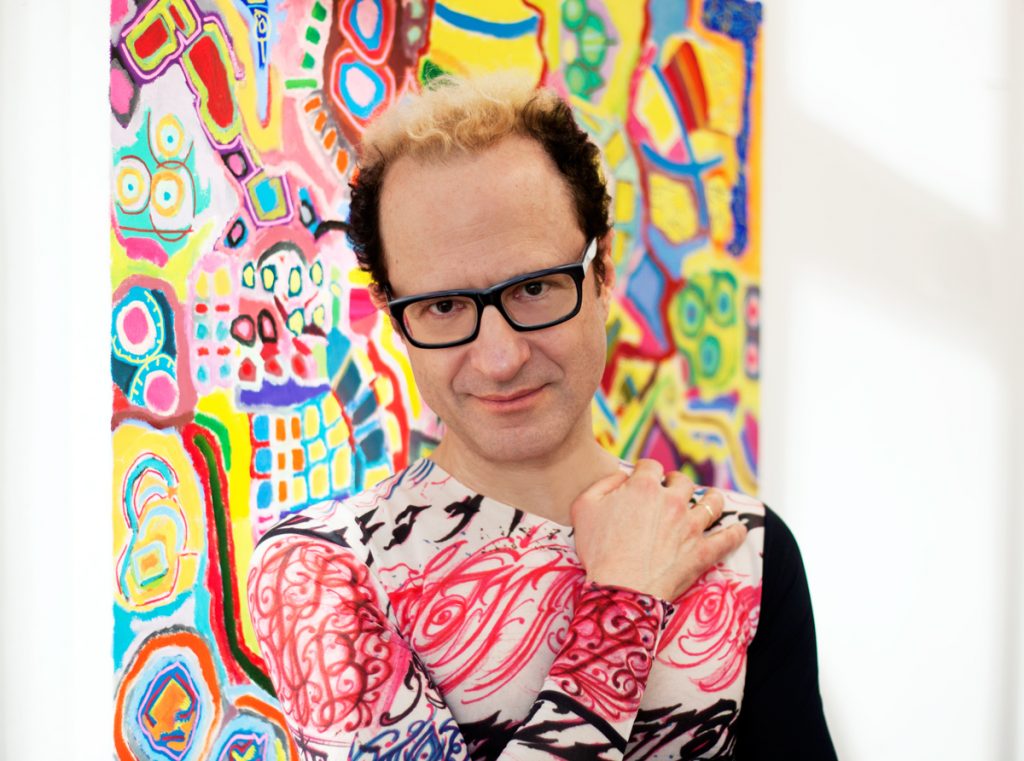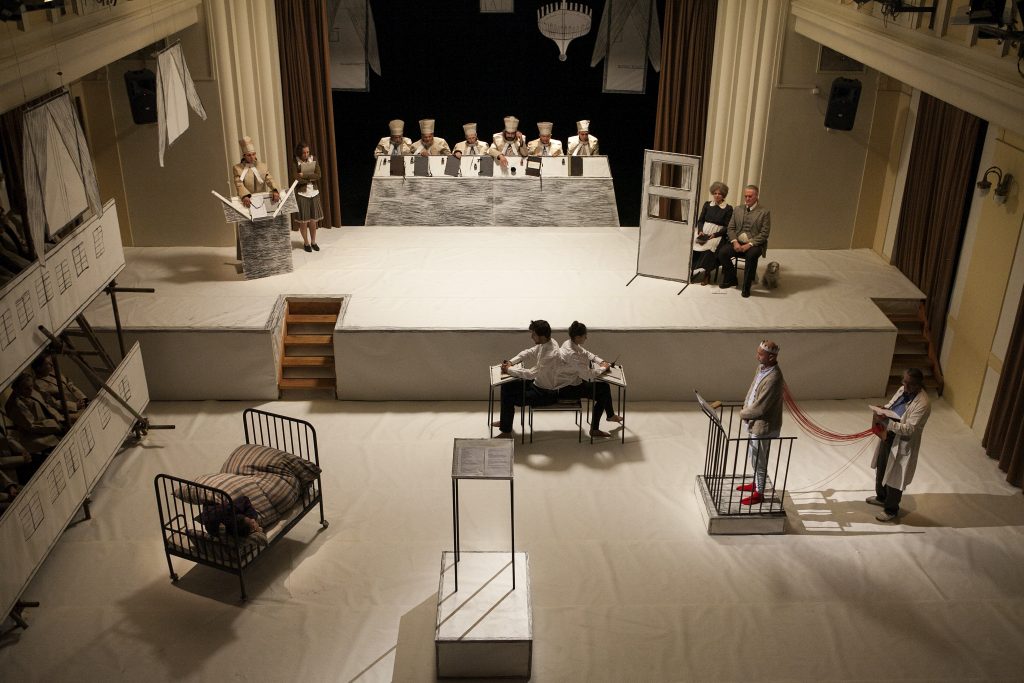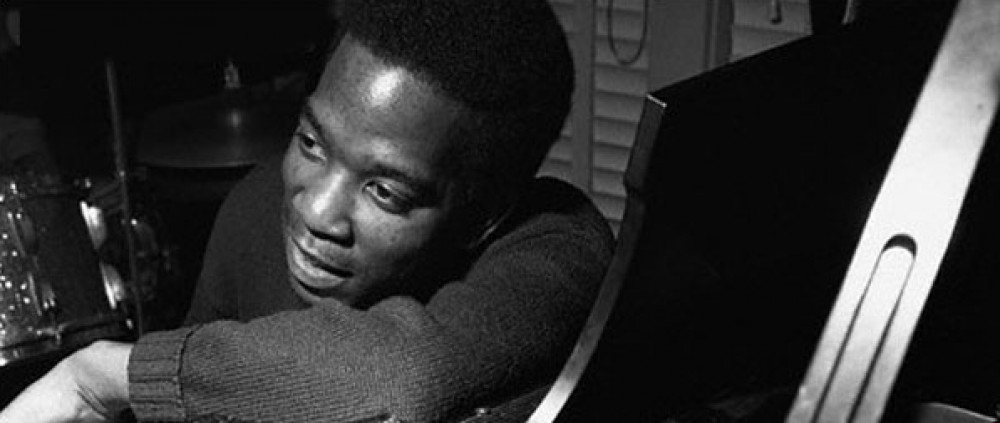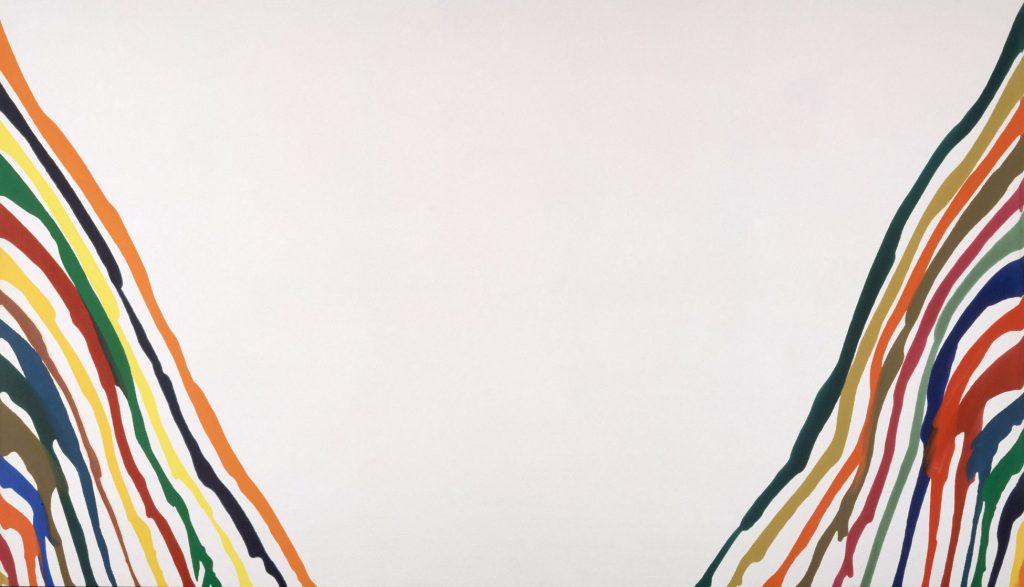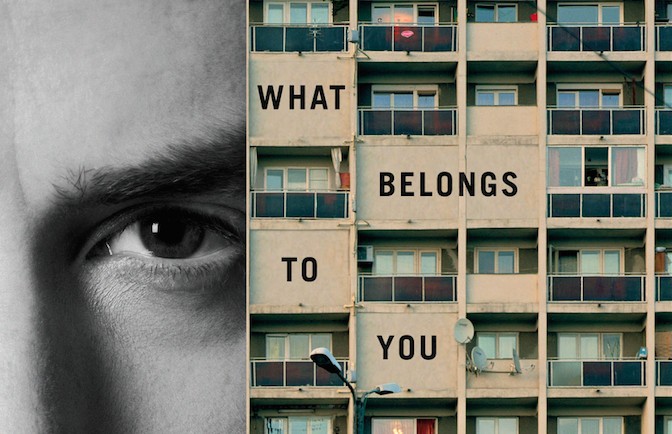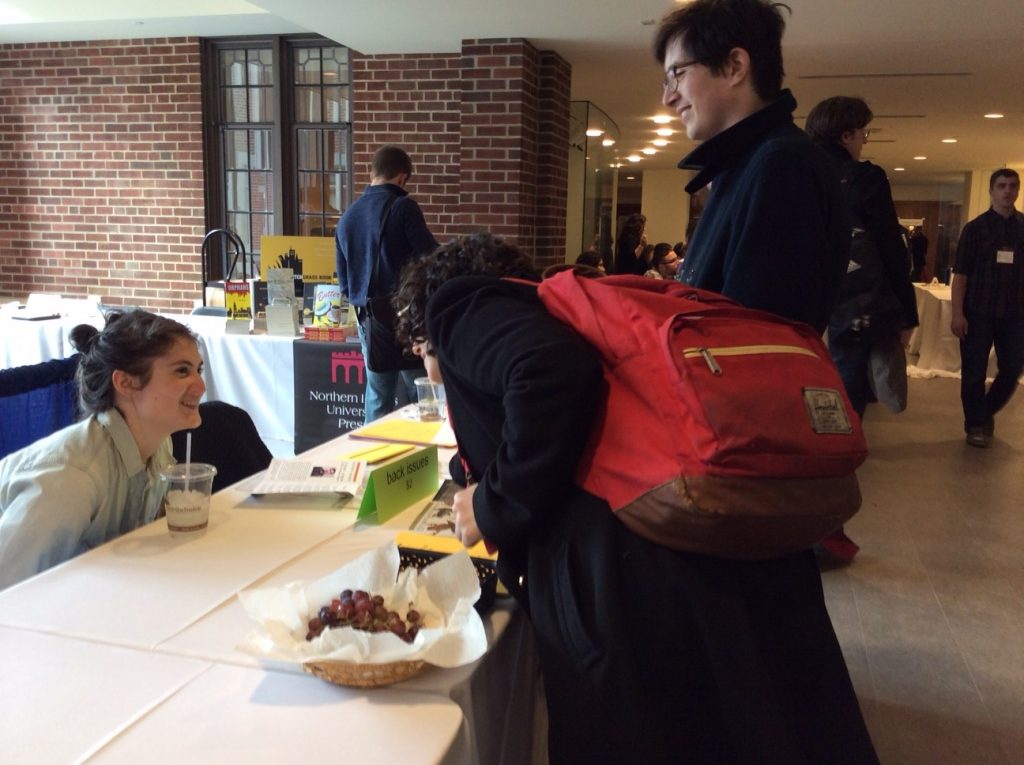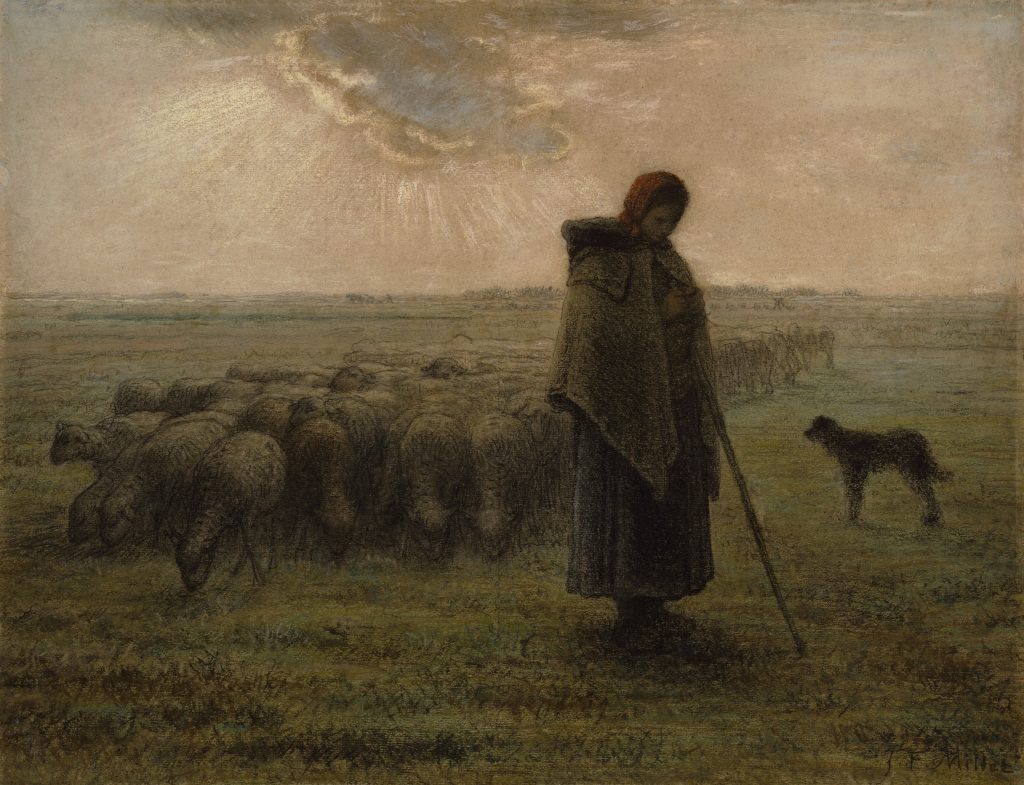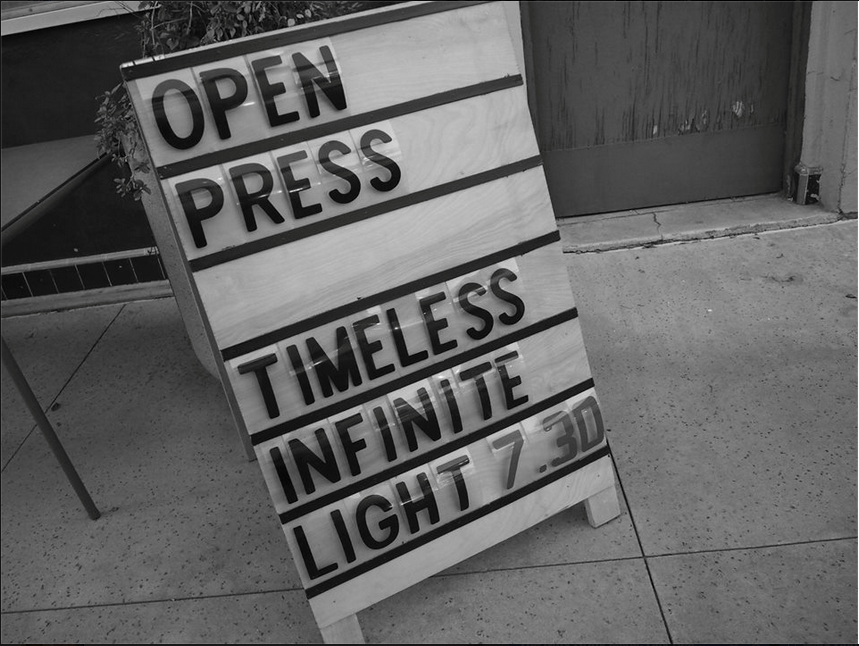Philip Beidler traces the life of poet Gertrud Kolmar against the rise of Hitler in “This Way to the Führerbunker,” Meghan Forbes examines Lucia Moholy’s place in the life and the legacy of the Bauhaus, Caille Millner explores four gangland murders and the code of honor, Derek Mong muses about nakedness and poetry.
Fiction by Sara Batkie, Ruchama King Feuerman, Ashley Morrow Hermsmeier, and Glori Simmons.
Poetry by Joel Brouwer, Laura McCullough, Shivani Mehta, Caille Millner, Marilyn Nelson, Jóanes Nielsen (translated from Faroese by Matthew Landrum and Tóta Árnadóttir), Diana Reaves, David Roderick, John Rybicki, and Chelsea Wagenaar.

